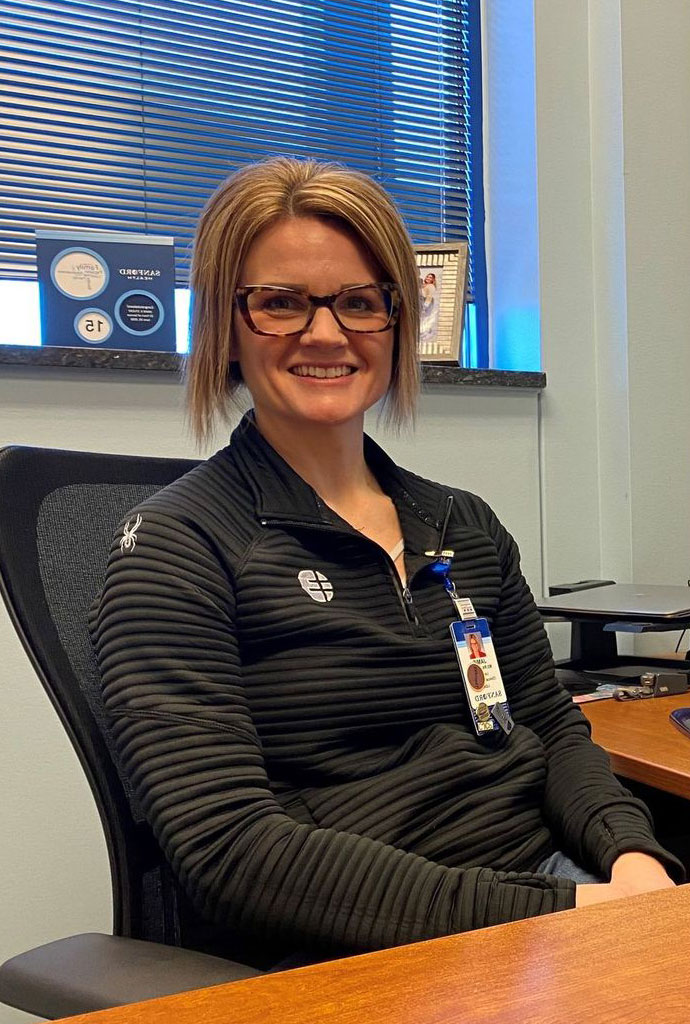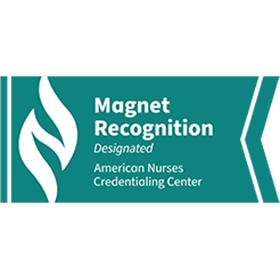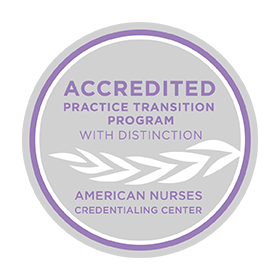Nursing Careers
The view from Bismarck is one of growth and opportunity. Bismarck serves as the capital city of North Dakota and sits along the banks of the scenic Missouri River. More than 125,000 people call the Bismarck-Mandan area home, and with a service population of 300,000, the cities serve as a gateway to the booming oil fields of western North Dakota.
Explore Career Opportunities Below
- Registered Nurse
- Licensed Practical Nurse
- Certified Nursing Assistant
- Certified Medical Assistant
- Certified Medication Assistant
Sanford Health and Good Samaritan are excited to invite you to join our growing family. Whether you're looking to get your foot in the door in a nursing support role or have years of nursing experience, we have opportunities that suit your interests and programs to set you up for success.
With our compassionate culture that treats patients, residents, and co-workers like family you'll be seen as an equal player and collaborative partner. You’ll work with people who value your advancement and help you find your niche.
Explore Your New Opportunity
Explore Nursing Careers
CNA Overview

A Nursing Assistant assists in providing basic care to persons under the supervision of an LPN or RN. Nursing Assistants can work in hospitals, ambulatory care, or long-term care facilities and are responsible for general nursing care duties, which include taking vitals, feeding, bathing, dressing, walking, etc. How does a Certified Nursing Assistant (CNA) differ from a Nursing Assistant? A CNA completes a state approved training program and successfully passing a competency exam that tests knowledge and practical skills.
Education Required
While Nursing Assistants receive training that may be competed on the job, a CNA must have a high school diploma or high school equivalency (GED) and complete a state-approved training program. These educational programs generally consists of a minimum of 75 to 120 hours of training depending on the state and can take place in high schools, colleges, nursing/medical facilities, or online.
Get Certified
If you’re looking to attain your CNA certification, select Sanford Health and Good Samaritan locations in ND, SD, MN and TN have a CNA Training Program that includes online coursework and in-person clinical and lab training to meet your requirements before taking the state certification exam. All hired Nursing Assistants in a participating location are automatically enrolled into a free, 4 month CNA certification program as part of employment. Submit your application today.

Explore Nursing Specialties
Ambulatory Care
Despite Sanford Health’s size, we are actively involved in the communities we serve and get to know our patient and employee families. Throughout our expansive footprint of 224 Clinics, we see 5.2 million Clinic and Outpatient visits every year. As a Sanford nurse working in ambulatory care, you will work with interprofessional teams in a remodeled patient-centered care delivery system. Our nurses provide direct care to patients of all ages and support them as they grow older along with their comorbidity and polypharmacy needs.
If you’re looking to join a hard-working and synergistic team that provides the high-quality care that patients and families have come to expect from us, consider joining the family. Nurses that excel in this work environment are typically positive, compassionate, personable, great coordinators, detail-oriented, have inter-disciplinary communication and excellent time management skills. If you’re looking to advance in your nursing career, we have leadership opportunities as a Charge Nurse, Clinical Care Leader, Manager, or Director.
- Allergy
- Cardiovascular
- Care Management
- Dermatology
- Ear, Nose and Throat
- Endocrinology
- Family Medicine
- Gastroenterology
- Internal Medicine
- Occupational Health
- Oncology
- Orthopedics and Sports Medicine
- Pain Services
- Pediatrics
- Urology
- Women’s Services
- Wound Healing
Employee Growth

Jamie Stucky
Senior Director of Clinical Learning Strategies
Starting back in 2005, Jamie Stucky started at Sanford as a new grad RN and has over time developed into a valued and respected leader who has transcended all expectations. Currently the Senior Director of Clinical Learning Strategies, she leads a team that focuses on academic partnerships, student services, accredited education, and innovative ambulatory education strategies. Jamie has presented nationally at several prominent Nursing Education Conferences and recently received the Sweetman Family “Employee of the Year” award for exemplifying Sanford values.
Jamie credits Sanford for helping at each step in her career. Several examples include receiving tuition assistance for her degrees and certifications, completing Sanford leadership development programs, supporting her attendance at national conferences, and more.
- New Grad RN NICU
2005 – 2007 - Triage RN
2007 – 2010 - Clinical Services Man.
2010 – 2013 - Accreditation Man.
2013 – 2016 - RN Clinical Educator
2016 – 2018 - Lead RN Clin. Educator
2018 – 2020 - Dir. of Learning and Dev.
2020 - 2023 - Sr. Dir. of Clin. Learning Strat.
2023 - Present
Awards

The Magnet® Difference
Awarded by the American Nurses Credentialing Center, this designation is the most prestigious credential a health care organization can achieve for nursing excellence and quality patient care. Research demonstrates Magnet designation provides specific benefits including improved patient outcomes, higher patient satisfaction and high job satisfaction among nurses.
Sanford USD Medical Center and Clinics has been Magnet-recognized since 2003 with five consecutive designations for nursing excellence.
Sanford Bismarck has been Magnet-recognized since 2008 with four consecutive designations for nursing excellence.
Sanford Medical Center Fargo, including all metro hospitals and clinics, has been Magnet-recognized since 2025 for nursing excellence.









